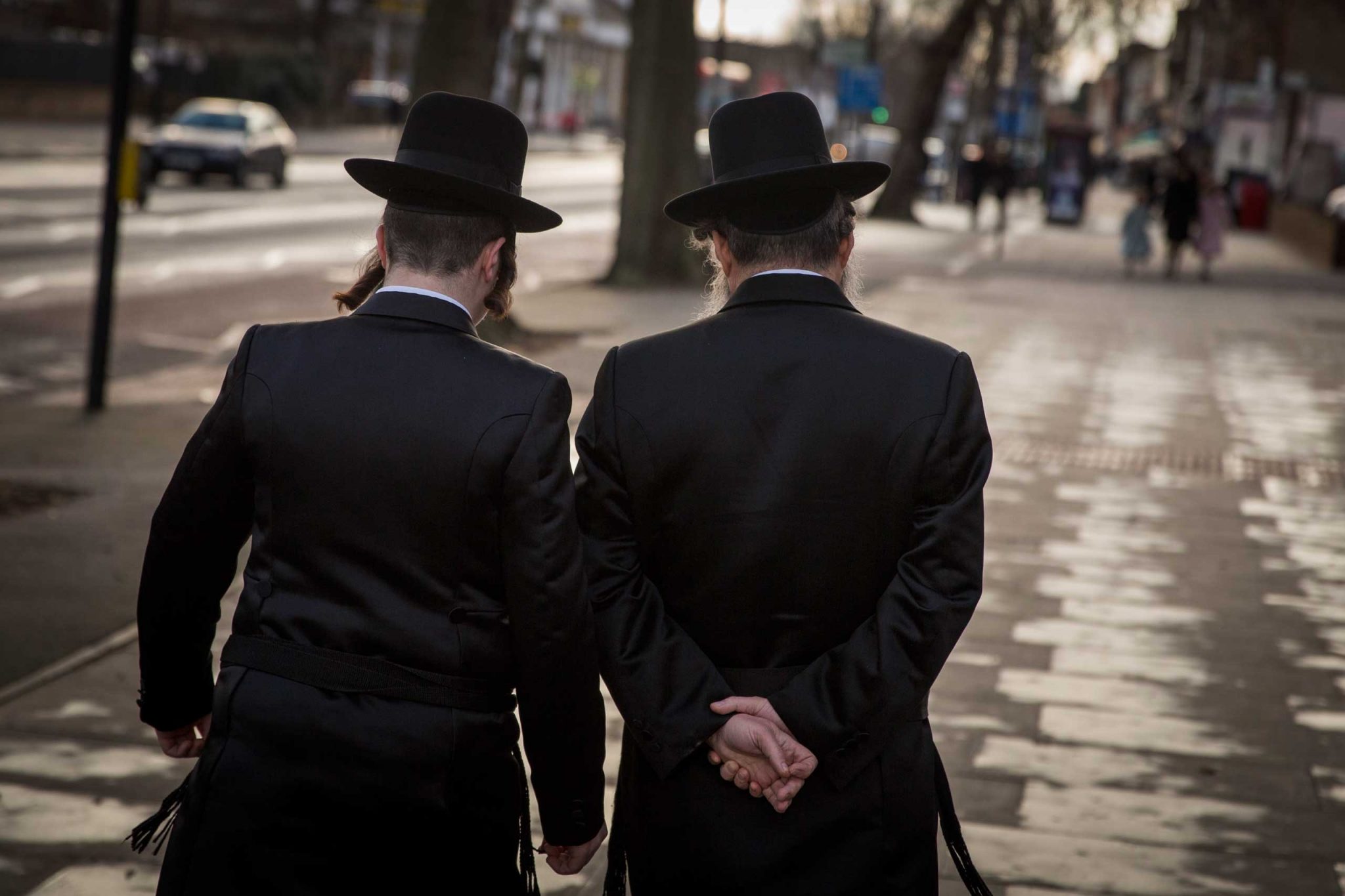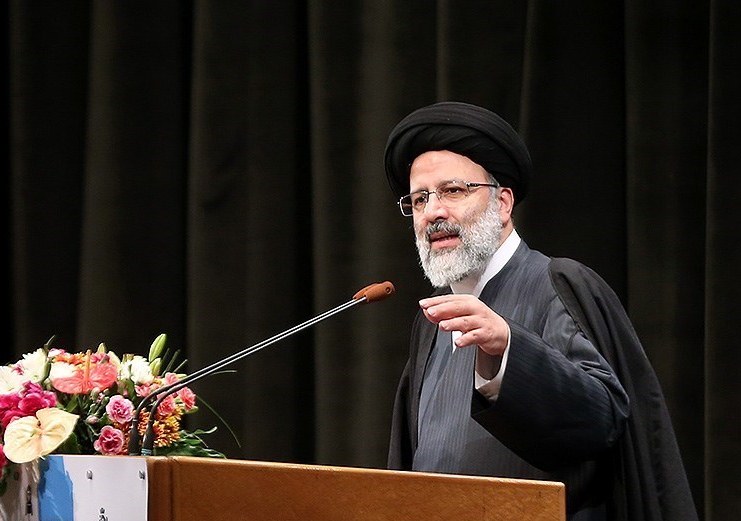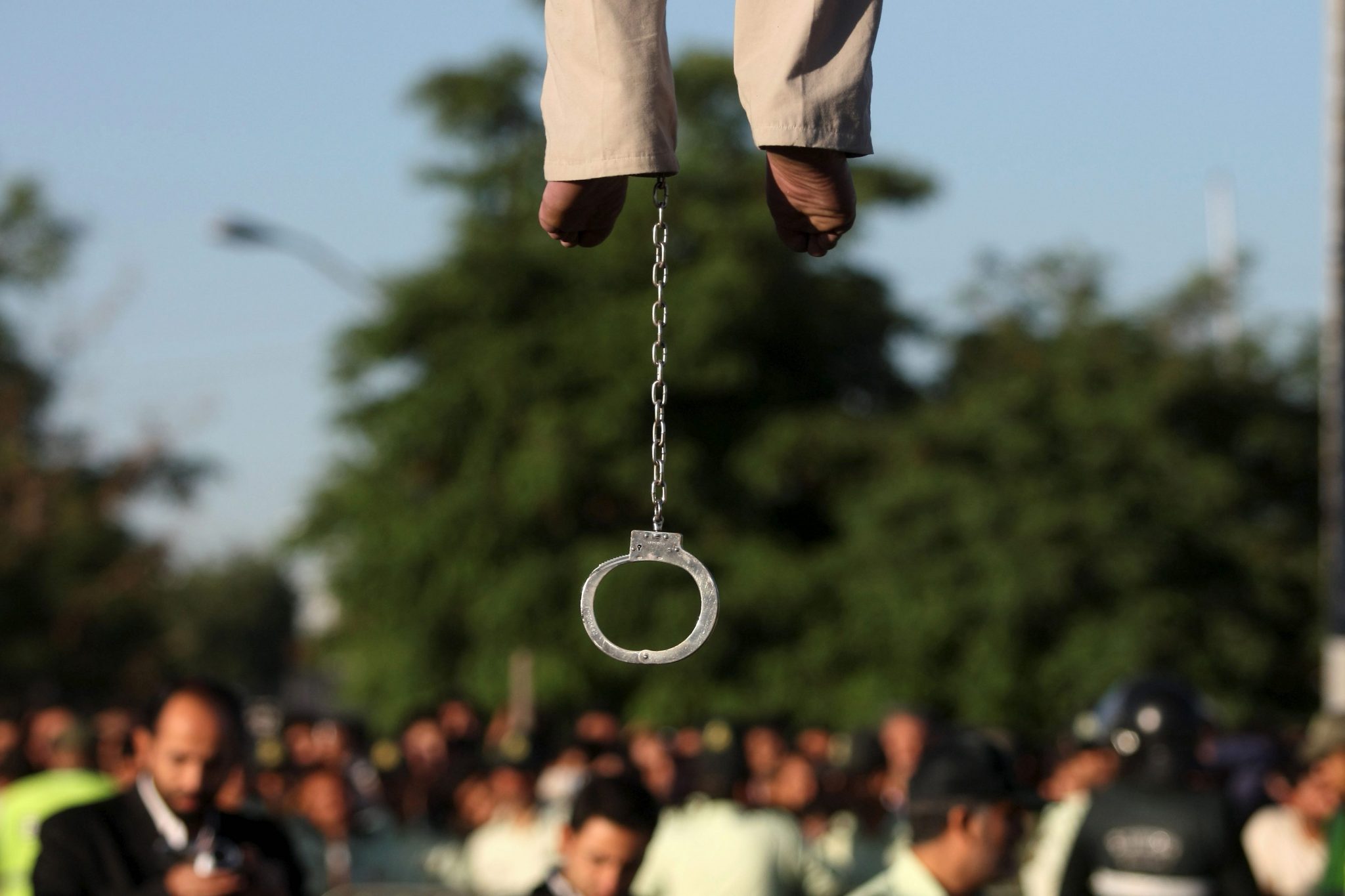
[authorbox authorid=”47″ title=”The Author”]
More than one out of every five Jews “feels unsafe” living in Western Europe, the birthplace of religious toleration and Universal Declaration of Human Rights, according to a new survey. Anti-Semitism which is often “accompanied by slogans and symbols reminiscent of the 1930s” is spreading across Europe, the report says.
The report, by the Tel Aviv University think tank, found that 27% of Jews in Europe feel unsafe.While anti-Semitism is usually associated with Germany and Eastern Europe, the Kantor report finds strongly anti-Jewish sentiment from political and cultural leaders in Germany, theUnited Kingdom, and France.
Contemporary anti-Semitism can be found across the left-right divide and across-ethnic groups. Today anti-Semitism has found disturbing roots in all levels of European society including migrants from Muslim majority countries, to the lyrics of hip-hop artist, to the highest levels of the British Labour Party.
Although the report details echoes of the 1930s, key differences. That decade saw the rise of the most virulent anti-Semitism rise in Germany and Eastern Europe and the emergence of fascists.
Last month German hip-hop record was awarded a music prize despite lyrics that included controversial references to the Holocaust and Auschwitz. The award ceremony was later cancelled due to the uproar.
However, nowadays most of the troubling incidents of anti-Semitism are taking place Western European countries like France and the United Kingdom. In the last decade, over 20,000 Jews have left Western Europe for other countries, mostly Israel, according to a survey conducted by the Jewish Agency, a group which looks at Jewish migration.
The Kantor Center 2017 Annual Report on Antisemitism Worldwide found a “prevalent ominous feeling of insecurity among Jews in Europe, recently intensified by the murder of two women in their homes in Paris.”
This fear was palpable last month when Mireille Knoll, an 85-year old Jewish woman, was killed in her apartment. The murder of Knoll, who had survived an infamous round-up of 12,000 Parisian Jews during the Nazi led-occupation of France in 1942, was quickly labeled a hate crime by French authorities.
A 29-year-old neighbour of Mireille Knoll and his 21-year-old friend are being charged with the crime.
That attack followed the murder of another elderly Jewish leader, Sarah Halimi, last year. The last decade has seen a range of attacks against French Jews, including the 2015 attack on a Kosher market by terrorists in Paris that left five people dead including the perpetrator. Since the beginning of 2017 two Jewish cemeteries have been vandalized.
French President Emmanuel Macron has taken the challenge seriously, visiting Knoll’s grave and pledging to fight anti-Semitism.
In March, Macron reportedly told a group of French Jewish leaders that, “We must never falter, we will never falter in denouncing anti-Semitism and fighting against this scourge.”
In the United Kingdom, the British Labour Party is battling charges of anti-Semitism within its ranks.
Last month it was revealed that their leader, Jeremy Corbyn, was among the party members who belonged to private Facebook groups in which anti-Semitic content had been posted. Corbyn is also under-fire for writing a sympathetic note to the painter of a street mural in London that included anti-Semitic themes before it was removed by authorities.
“Anti-Semitism is a poison in our society,” Corbyn told the BBC,” I am determined to drive it out of our society, including wherever is raises its head in my own party and that’s exactly what we are doing.”
However, the controversy is deeper than Corbyn. Since he took the reins of the party in 2015, there there have been 300 reports of anti-Semitism within the Labour Party of which 74 are currently under review according to party representatives.
Jewish groups are fighting back against this new resurgence in Western Europe. The Board of Deputies of British Jews and the Jewish Leadership Council held a protest in Parliament Square over anti-Semitism within the Labour Party on March 26.
The Labour Party is currently negotiating with Jewish leaders to adopt a wide-range of reforms to cub anti-semitism.
“As an Austrian Jew the son of a right-wing Jewish politician I have witnessed anti-Semitism from the far right, the far left, and the Muslim community,” says Ilja Sichrovsky. head of the Muslim-Jewish Conference, an international organization committed to interfaith reconciliation when asked to comment on the release of the report.
Sichrovsky believes that while the rise of anti-Semitism in Western Europe is alarming it can be fought.
“Antisemitism can be fought efficiently….through information, interaction and cooperation. We have proven that through our work.”
The Muslim-Jewish Conference is planning a major conference this year to bring together Muslim and Jewish youth together to counter violent extremism. Sichrovsky believes that while recent immigrants can learn to transcend bigotry that is almost never the case with European born Neo-Nazis.
“Interfaith and intercultural dialogue between young leaders of today needs to be taken seriously, as a prevention tool for hate crimes,” Sichrovsky said. “Racism and open conflicts as much as security institutions are tools to protect us from them.”
[toggler title=”Editor’s Note” ]This piece was originally published by the American Media Institute.[/toggler]



